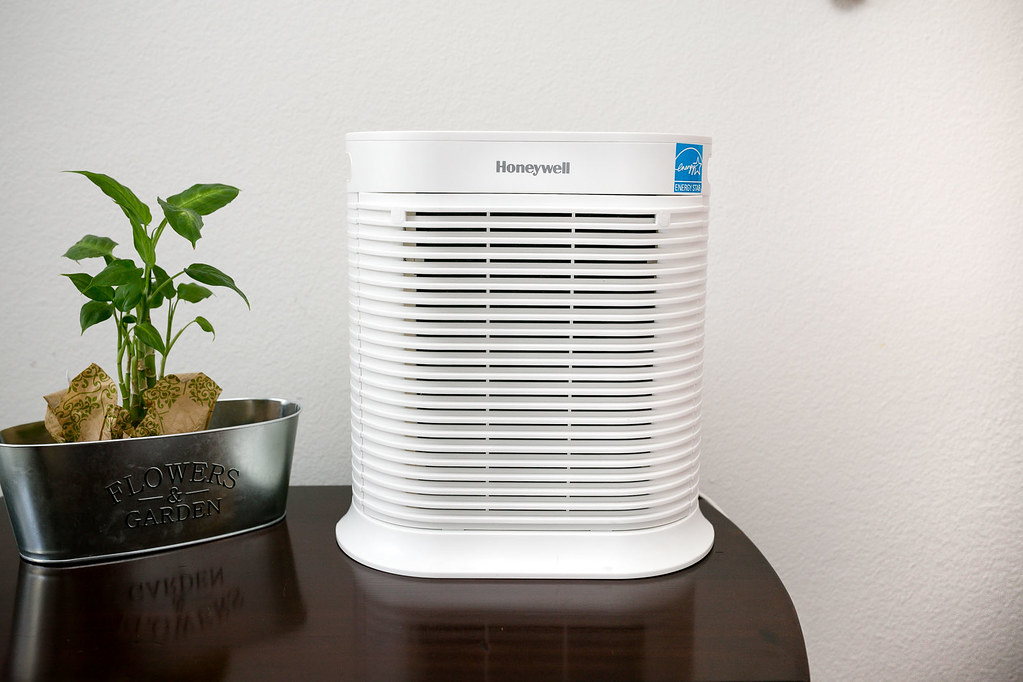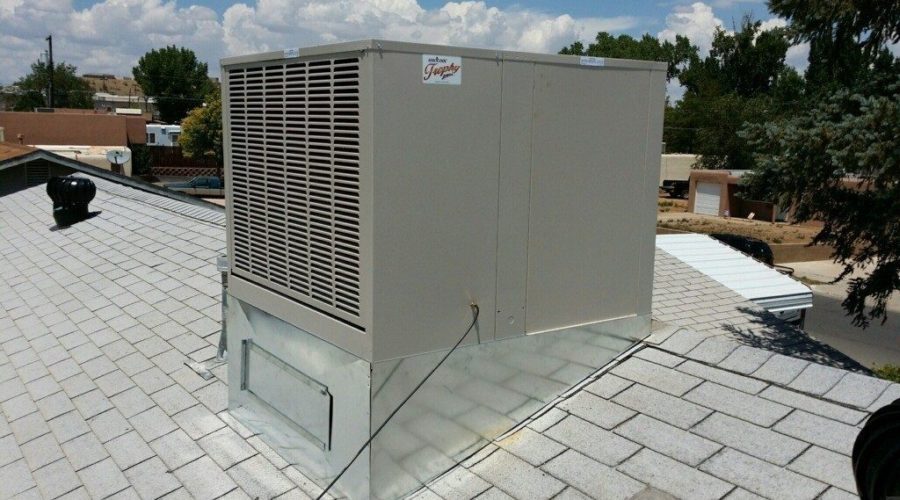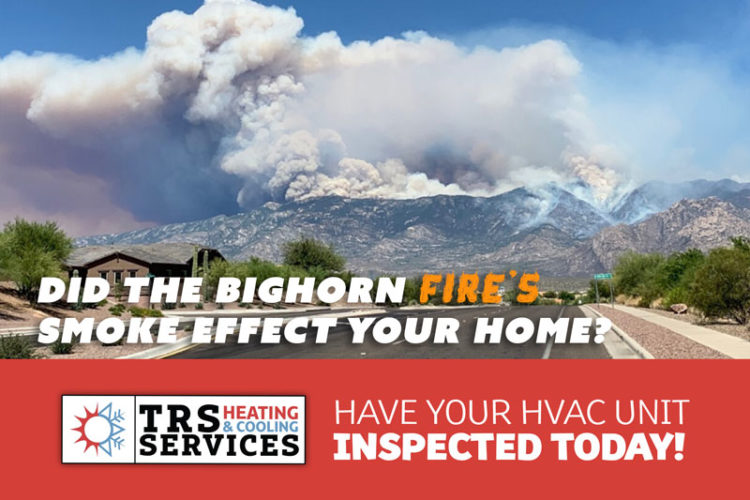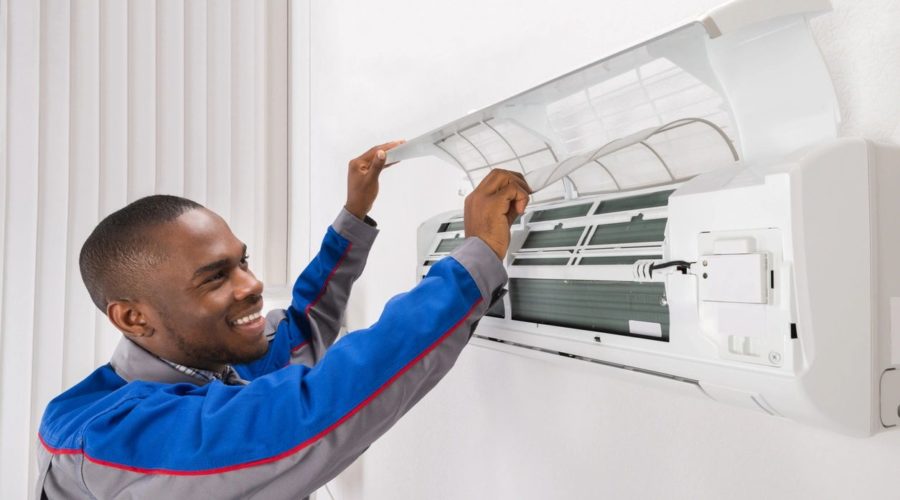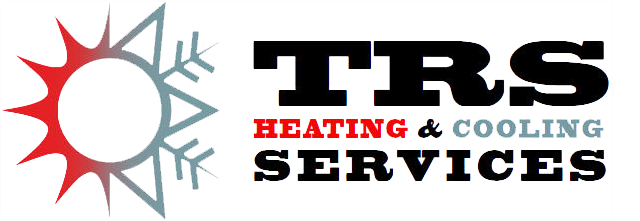What is an Air Cleaner or Air Purifier?
Air cleaner and air purifier manufacturers make many claims about the benefits of their products. Some will claim that their product will kill cold and flu viruses or help minimize the effects of allergies. Installed in the ductwork of a home’s central HVAC system, air cleaning devices are intended to provide a more sophisticated way of trapping and eliminating indoor air pollutants as compared to your standard box or pleated air filter that you are probably used to buying and replacing for a couple dollars. Air cleaning devices may use high efficiency mechanical filters, UV light, and even electrostatic force to rid indoor air of microscopic particulates, allergens, and even unhealthy gaseous pollutants.
Who Benefits from an Air Cleaner or Air Purifier?
Air pollutants can cause some serious health issues. According to the EPA, indoor air pollution is a top 5 health risk. Those with serious allergies or asthma can face life-threatening situations as a result of unwanted indoor air pollutants. For these populations, the very young and elderly are the most at risk. If your child or loved one has severe reactions to an indoor allergen or particulate, it makes sense that you’d want to seek out whatever means to eliminate the pollutant from your home.
Some air cleaners and purifiers also claim to come with “germicide” and special “germ killing” technology. If you are prone to bacterial viruses that are spread through the air, an air cleaner could be an additional line of defense.
Air cleaners primarily trap small particulates that easily pass through a standard filter. Particulate matter includes the following:
- dust mites
- molds
- bacteria
- viruses
Some systems may also eliminate gaseous pollutants like tobacco smoke, but also building materials, furnishings, the use of products such as adhesives, paints, varnishes, cleaning products, pesticides.
What are the Types of Air Cleaners and Air Purifiers?
Air cleaners fall into two broad categories: filtration-based systems and other systems. Other systems include UV-light, and UV-light enhanced systems including ozone generators. The research on these other systems is very inconclusive about their effectiveness, and the EPA website is a recommended research for an impartial perspective. Below is a chart from the Indoor Air Quality EPA site looking at some of the differences and limitations to device category:
Air cleaning devices chart
What is a MERV Rating?
If you are researching air cleaning and air purifying devices, you’ve likely seen the MERV rating number. MERV stands for Minimum Efficiency Reporting Value, and this number corresponds to the effectiveness of the filter in trapping particles. Generally, the higher the MERV number, the smaller the particle the filter will catch.
Fiberglass Air Filters: 1-4 MERV rating. These are the cheap $1-2 filters you’ve likely seen before. They remove less than 10% of the air pollutants in your home.
Pleated Air Filters: 10-13 MERV rating and can remove up to 45% of air pollutants.
High Efficiency Air Filters: 14-16 MERV rating and remove up to 85% of pollutants.
HEPA Filters: 17-20 MERV rating and removes up to 98% of air pollutants.
Mechanical air filter-based air cleaners, a common choice, typically combine high MERV rating filter cartridges with additional germicide for bacteria and virus particulates.
Is an Air Cleaner or Air Purifier Worth it?
Air cleaning devices, especially those that integrate to the duct of your HVAC system can be expensive. Your best option is to try to eliminate the source of the pollutant or allergen. Using your resources to get at the source of the problem is the most effective way to improve health and decrease the probability of adverse health effects from indoor air pollutant. Whether this is removing mold, doing deep cleaning, or removing other sources, the EPA recommends doing first, and then trying an air cleaner if removing pollutants is ineffective or not possible.
Of course, the EPA also concludes that, “While air cleaning devices may help to control the levels of airborne allergens, particles, or, in some cases, gaseous pollutants in a home, they may not decrease adverse health effects from indoor air pollutants.”

